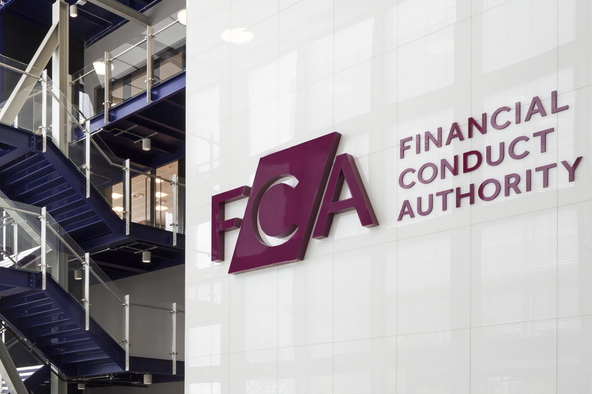A group of British parliamentarians and peers have questioned the integrity of the FCA in a report that has called the regulator “dishonest and incompetent.”
The 358-page report published on Tuesday has been put together by MPs who are part of the Investment Fraud and Fairer Financial Services All Party Parliamentary Group (APPG), and is based on unqualified evidence and testimonies of around 175 individuals who have had direct dealings with the UK regulator in recent years.
The parliamentary group says it “launched its Call for Evidence about the FCA because it wanted to hear in more detail from those who have interacted with the regulator, so it could better understand how such errors come about and whether claimed improvements had been effective.”
Key findings
The evidence and testimony on which the report is based has been gathered over a period of more than three years. The report includes a number of findings that are scathing of the FCA’s reputation. These include:
- The FCA is widely seen as incompetent.
- Its integrity is called into question.
- Its treatment of whistleblowers and their evidence is alarming.
- There is a defective organizational culture, driven from the top.
- Transparency and accountability is lacking.
- The Transformation Programme has not worked.
- There’s a high degree of consistency across the testimony.
‘Acting in good faith’
The group has also recommended a number of changes which it believes the FCA must implement immediately. These include:
- The development and embracing of a consumer-centric mission statement, against which the organization is tested and held accountable by a consumer oversight body.
- The FCA’s reward and promotion system should be explicitly aligned with its professed objectives and values.
- Recruitment processes that recognise ‘People are policy’ should be developed.
- A no-tolerance policy for a lack of integrity should be introduced.
- A specialist consumer-facing department for scam victims should be developed.
- Criticisms made of the FCA by the public at large should be faced up to.
Advice for government
In addition to the changes recommended for the regulator the group has also suggested that the government can take a number of steps in order to help the FCA “perform more effectively through legislative changes, including through these measures:”
- The establishment of a Financial Regulators’ Supervisory Council, which would conduct periodic reviews of the operational effectiveness of the FCA.
- Remove the FCA’s immunity from civil liability to consumers.
- Put in place restrictions on whether/when regulators join regulated firms, and vice versa.
- Strip out the fundamental conflicts of interest within the FCA’s objectives.
- Introduce a statutory, civilly actionable Duty of Care.
- Give the Financial Services Consumer Panel a statutory remit, and introduce Parliamentary oversight of the appointment of its Chair.
- Change the way the FCA is funded.
- Overhaul the way the FCA’s senior leadership team is appointed.
- Establish a new NGO to act as a counterweight to industry lobbying.
- Replace the FCA’s Leadership Team; if it proves necessary.
- Carry out a Royal Commission for radical architectural reform, if all else fails.
FCA’s view
The FCA is yet to respond to the report, but publication comes exactly a month after the regulator published the findings of its own internal survey into how financial firms viewed its performance.
According to the FCA, the findings of that survey showed “that the majority of firms have told us they have a positive view of the FCA’s performance over the last year.”
The regulator did, however, accept that, despite the overall positive feedback, there was “room for improvement” in how it conducted its affairs and worked towards its multiple goals.
Criticism of regulator persists
The parliamentary group behind the report made clear that its findings are based “on the personal perceptions of those who gave evidence”, and that it did “not have the means to verify the specific allegations made.”
But it suggested that it considered it important that the testimony “is reported as given, as part of what appears to be a consistent pattern of complaints made regarding the dealings of the FCA, with affected individuals.”
The FCA has been criticized in the past, but the criticism has become more vocal over the past few months as the Labour government has questioned the regulator’s role in achieving growth. Only last month Prime Minister Keir Starmer accused the body of needlessly holding back investment.
Starmer also told a group of international investors in London he will “rip up” any regulatory practices that were stopping overseas companies from doing business in the UK.
The FCA has continuously defended its role and performance, and recently said there was a need for “Improving our understanding of how financial services regulation affects economic growth.”













